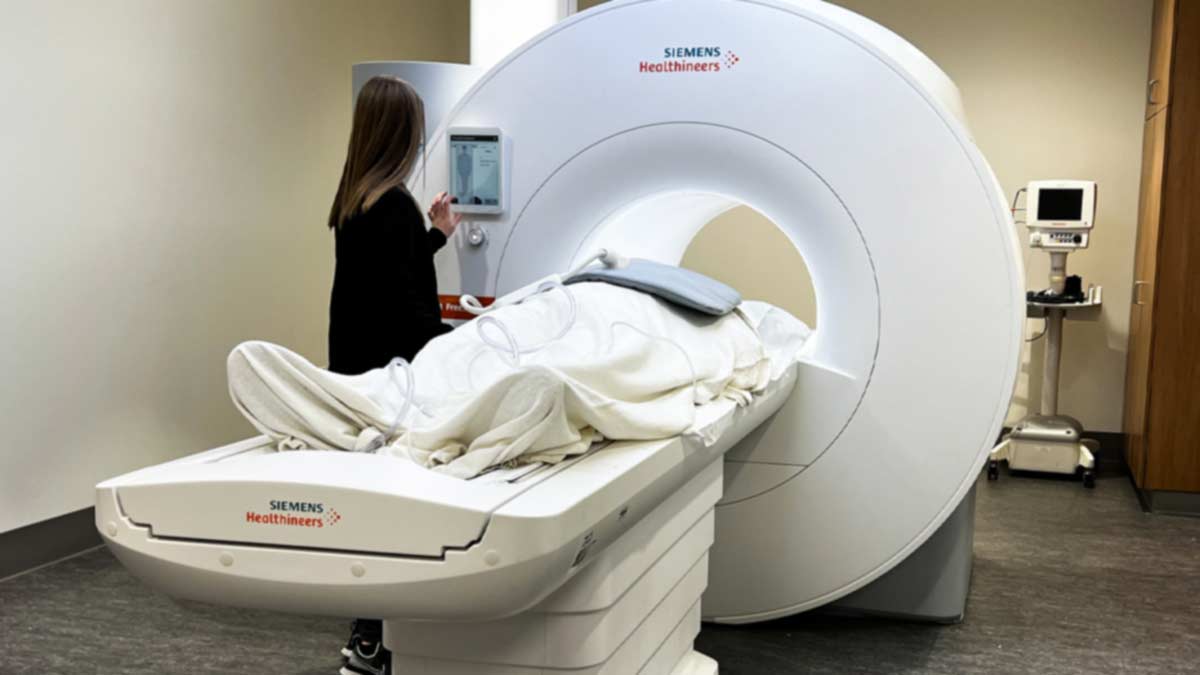Lynn Fussner, MD, solves diagnostic mysteries
Technically, the clinical expertise of Lynn Fussner, MD, assistant professor of Internal Medicine at Ohio State College of Medicine, is alveolar hemorrhage, pulmonary vasculitis and pulmonary manifestations of other systemic diseases. But her passion is solving diagnostic mysteries when it’s not clear what’s failing her patients, and finding ways to streamline care for patients with complex problems.
As a pulmonologist and intensivist at The Ohio State University Wexner Medical Center, Dr. Fussner cares for patients with a variety of pulmonary conditions and diseases in both outpatient and inpatient settings, including the intensive care unit. On the outpatient side, she works in the Multidisciplinary Vasculitis Clinic with nephrologist Salem Almaani, MBBS, and rheumatologist Alexa Meara, MD. This clinic falls right in line with her passions.
Dr. Fussner earned her undergraduate and medical degrees at Ohio State, and completed a residency in internal medicine and a fellowship in pulmonary and critical care at Mayo Clinic. She then returned to Ohio and joined our faculty.
A new clinic
“Getting to Ohio State with a unique opportunity to set up a clinic and research program has really been exciting,” says Dr. Fussner.
“The clinic allows us to collaborate closely in caring for patients with multisystem diseases so that we can formulate a cohesive management plan before the patient leaves, saving them multiple trips and improving communication with their primary care team,” she says. “This also allows us to better identify patients who can participate in clinical trials and longitudinal research studies. We are fortunate to have selfless patients who are excited to help other people with their diagnoses.”
Multidisciplinary teams
Dr. Fussner feels Ohio State is a great environment for a multidisciplinary approach. Her team is participating in multiple international trials that focus on testing more targeted treatment approaches and how to minimize steroids in the treatment of vasculitis to keep the disease in check.
“Current standard-of-care therapies can get the disease under control in the vast majority of patients, but infections and other complications are very common, so at Ohio State we’re really trying to strike the right balance,” says Dr. Fussner. “We’re also investigating markers in biological specimens to help monitor disease activity and to better match patients and therapies.”



